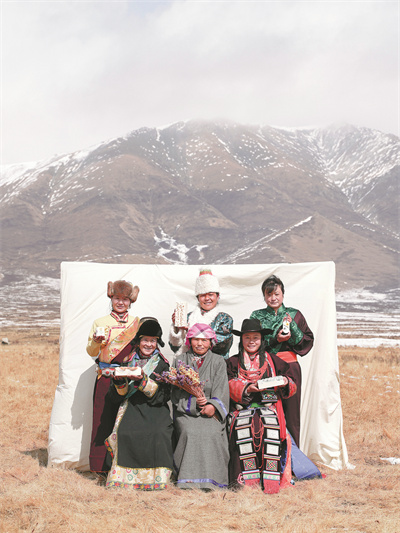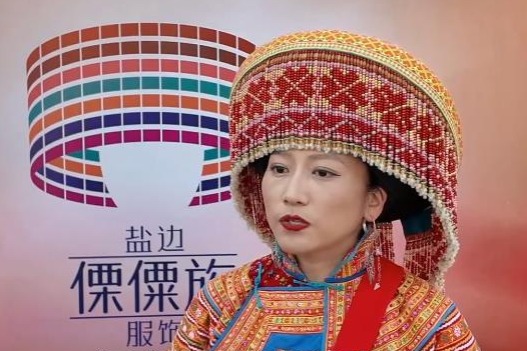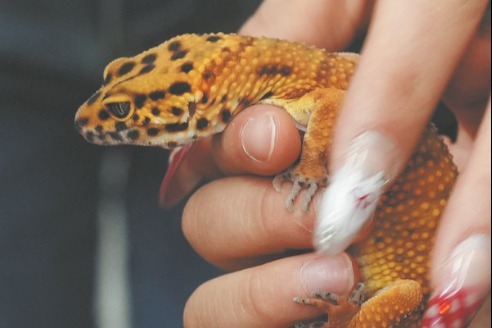Nature's beauty treatment
Utilizing yak milk and other local elements, Tibetan soap-maker builds a brand, empowers women, and vitalizes rural economy, Yang Feiyue reports.


In the vast, open grasslands of Tianzhu Tibetan autonomous county, where the air is crisp and the horizon stretches endlessly, white yaks roam like billowing clouds across the plateau.
For Danmaji Niu, born and raised in the area, these majestic creatures, unique to this region, are not just a symbol of her hometown but a source of inspiration and the foundation of her natural soap enterprise Yakma Body Care.
In a small workshop nestled in the county, Northwest China's Gansu province, several Tibetan women have been transforming raw natural ingredients into exquisite bars of yak milk soap for the past nine years.
Their hands move gracefully as they measure, mix, and mold, based on their expertise and artistic imagination.
"It starts by meticulously calculating and measuring the ingredients, including pure, fatty yak milk, food-grade coconut oil, and other natural ingredients, ensuring a perfect balance for each batch," says Niu, in her 30s.
After the milk is gently stirred in with the oils, the mixture undergoes saponification, during which those women carefully monitor the mixture, occasionally stirring with steady hands to ensure even consistency.
As the mixture reaches the perfect texture, it is then modeled by hand into a variety of shapes, ranging from mountain peaks or flowers, which are all reflections of these craftswomen's inspirations from the natural surroundings.
"Our yak milk is rich in fat, making the soaps incredibly moisturizing and smooth. We have developed an expanding group of loyal consumers who value quality, sustainability, and natural ingredients," Niu says.
To better meet market needs, Niu has developed five product lines with a partner and uses distinctive local ingredients, such as Himalayan pink salt for antibacterial properties.




































